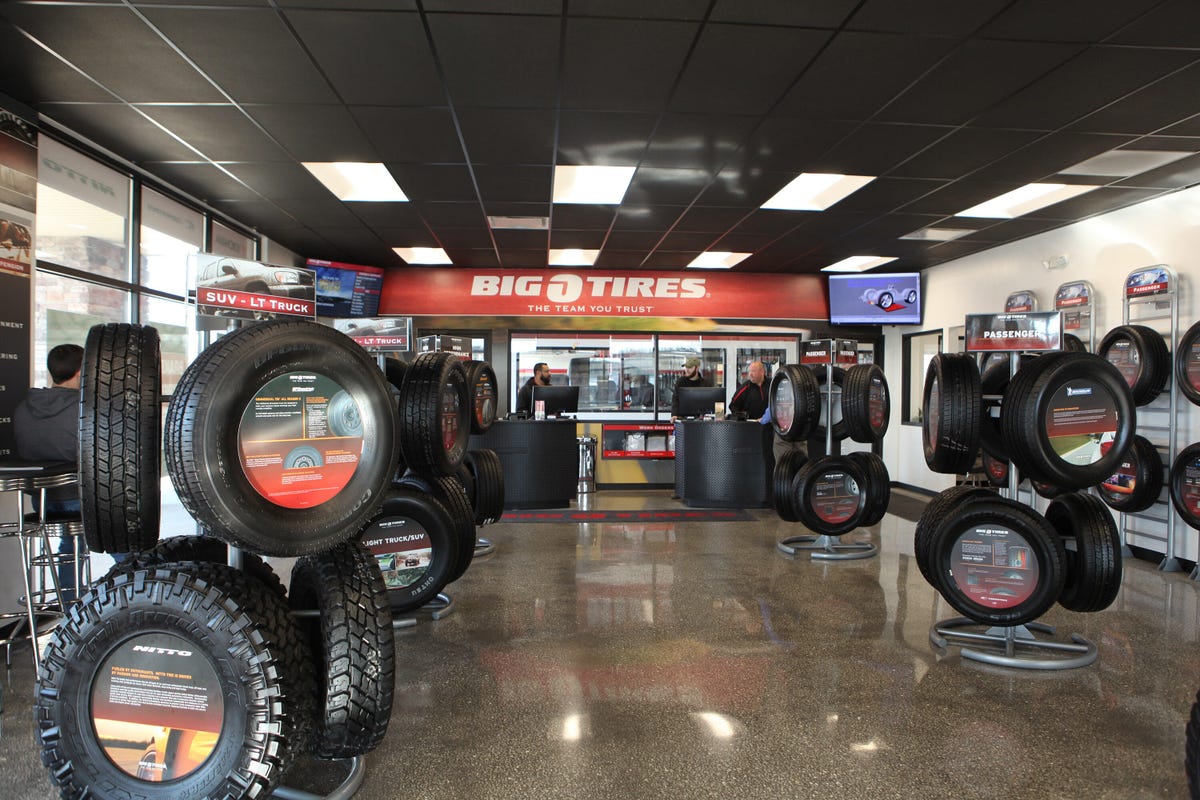Quality Tire Shop Morris: Your Best Destination for Tire Requirements
Quality Tire Shop Morris: Your Best Destination for Tire Requirements
Blog Article
Tire Solution: Comprehending Tire Stress Monitoring Solutions
Recognizing Tire Stress Monitoring Equipments (TPMS) is a crucial facet of maintaining optimal automobile performance and security on the roadway. With developments in automotive innovation, TPMS has actually come to be a basic function in modern-day vehicles, providing real-time info on tire stress degrees.

Value of TPMS
The importance of Tire Stress Monitoring Equipments (TPMS) exists in their capacity to improve vehicle security and performance via real-time monitoring of tire pressure degrees. Preserving the appropriate tire pressure is critical for guaranteeing ideal handling, stopping, and total safety of a vehicle. TPMS gives vehicle drivers with prompt responses on any type of underinflated or overinflated tires, enabling timely modifications to be made.
Components of TPMS
Consisting of numerous crucial elements, a Tire Stress Surveillance System (TPMS) operates as an advanced safety function in modern cars. The main parts of a TPMS include sensors, a control module, and a warning indication. Sensing units are generally located in the tire valve stem or affixed to the wheel setting up, where they determine tire pressure and transmit information to the control component. If it detects significantly reduced stress in any of the tires, the control component processes this details and activates a warning. The caution indicator, frequently a sign on the control panel, alerts the driver to examine the afflicted tire or tires. Some advanced TPMS designs additionally present the real tire stress readings for each and every tire, providing vehicle drivers with real-time info to guarantee ideal tire performance and security. By monitoring tire pressure continually, TPMS helps protect against crashes, lowers tire wear, and boosts gas performance, making it an essential part for vehicle security and performance.
Types of TPMS

On the other hand, indirect TPMS counts on the vehicle's wheel speed sensors to keep an eye on tire pressure. This system discovers underinflation by contrasting the rotational speeds of the wheels. Indirect TPMS is less costly than direct TPMS, as it uses existing sensors within the automobile.
While straight TPMS offers a lot more accurate analyses, indirect TPMS is simpler in design and normally needs much less upkeep. Both systems have their redirected here limitations and benefits, and the option between them usually depends upon elements such as expense, lorry make, and individual preference. Recognizing the distinctions in between these 2 sorts of TPMS can aid automobile proprietors make educated decisions relating to tire maintenance and security.
TPMS Maintenance Tips
Conduct regular checks on the tire stress levels and contrast them with the TPMS analyses to ensure they are regular. During tire rotation or replacement, make sure that the TPMS parts are taken care of thoroughly to avoid any kind of prospective damages. If the TPMS advising light illuminates on the control panel, address the concern immediately by examining the tire pressures and the total system for any type of faults.
Advantages of Appropriate Tire Stress
Preserving appropriate tire pressure, as highlighted in TPMS Upkeep Tips, is essential for reaping the countless advantages linked with optimum tire stress levels. Additionally, appropriate tire stress ensures even tire wear, extending the life expectancy of the tires and advertising more secure driving problems. In article source verdict, the advantages of appropriate tire stress go beyond simply tire long life; they encompass boosted gas efficiency, boosted safety, much better lorry performance, and overall driving convenience.
Verdict
In verdict, recognizing tire pressure monitoring systems (TPMS) is important for preserving ideal tire pressure and guaranteeing lorry safety and security. By identifying the significance of TPMS, recognizing with its components, understanding the different types offered, sticking to appropriate maintenance suggestions, and recognizing the advantages of maintaining correct tire pressure, chauffeurs can improve their driving experience and prolong the life-span of their tires. Appropriate tire stress is crucial to efficient and risk-free lorry procedure.

Report this page